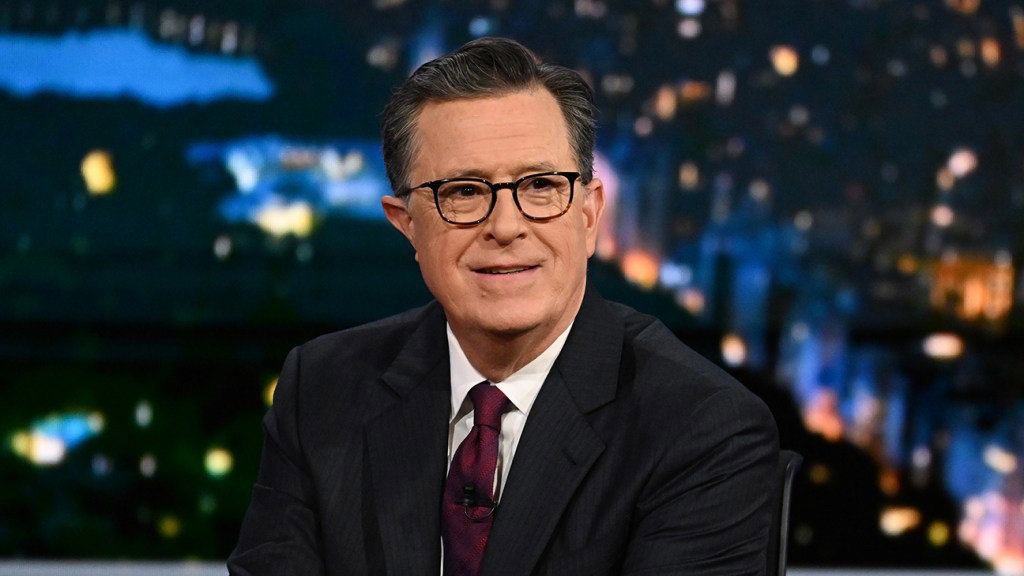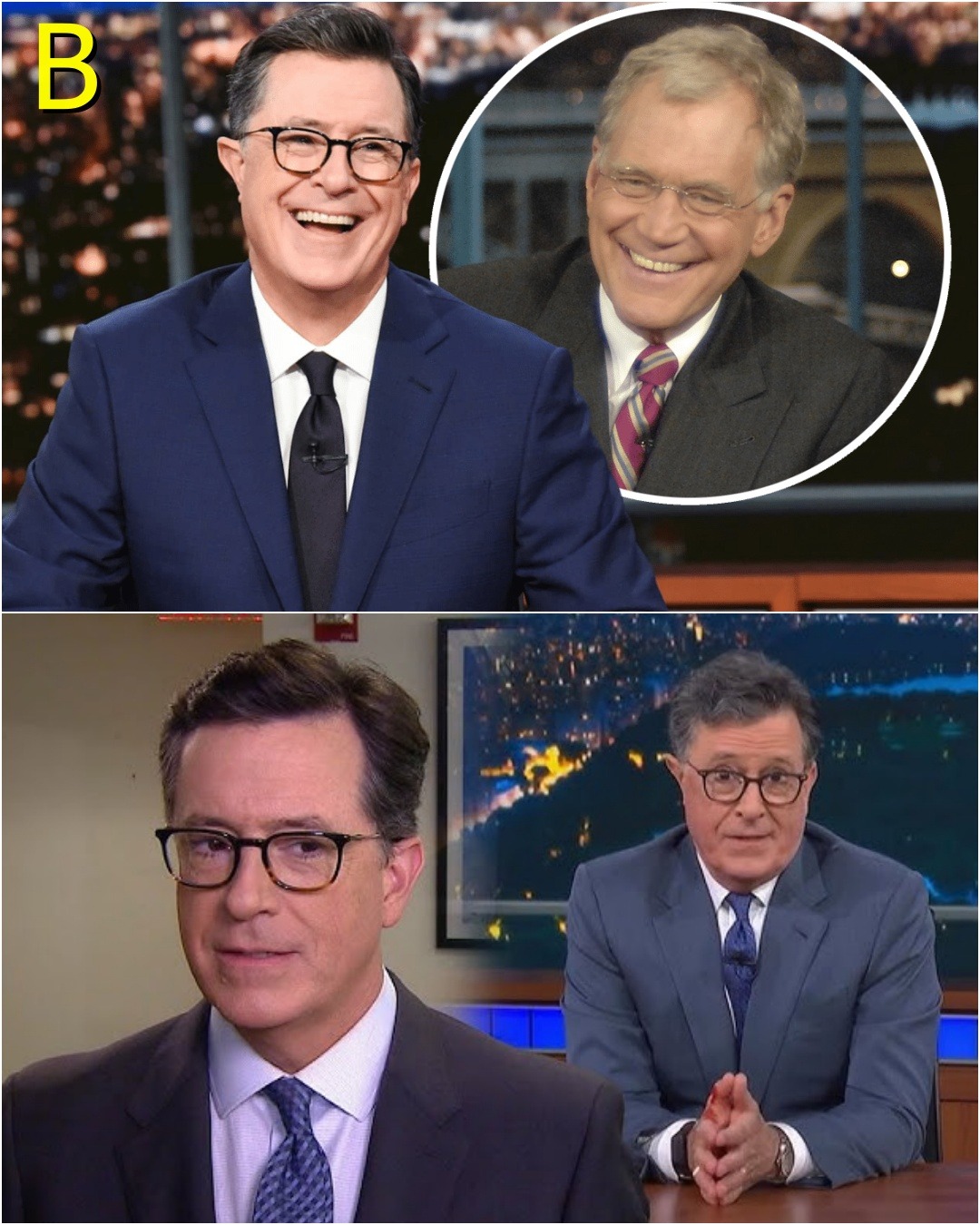Yet on a recent Wednesday evening, Stephen Colbert disrupted that balance.
Midway through his monologue, he placed his cue cards aside, looked straight into the camera, and delivered a sentence that stunned even his studio audience: “You’re going to put lives at risk.” The line was not followed by a wink or a punchline. Instead, silence filled the room, a silence heavier than applause.

Colbert’s anger was directed at Robert F. Kennedy Jr., the Secretary of Health and Human Services, who earlier in the week had announced a $500 million cut to federal vaccine research. The move ended 22 projects in mRNA technology, a field many scientists view as critical for pandemic readiness and future treatments. For Colbert, this decision was more than just a policy shift — it was an abdication of responsibility that could cost lives. What began as another late-night riff transformed into a moment of raw condemnation.The evening’s monologue started in typical Colbert fashion, with irony and smirks.
He teased the idea of offering a “measured, nonpartisan response,” eliciting laughs from his audience who anticipated a playful metaphor. Instead, the mood shifted. He criticized Kennedy’s justification — that mRNA vaccines had “limited effectiveness” against certain viruses — and mocked it with an analogy about navigating to an amusement park using the stars instead of GPS. Then his tone hardened. Colbert delivered a cutting insult, calling Kennedy a “nepo-carnie,” earning gasps and then laughter from the crowd. But he was not chasing laughs. He was preparing for the moment when the comedy stopped altogether.
The clip of Kennedy defending the cuts played on screen, and Colbert shook his head before stating the line that would reverberate beyond the studio: “You’re going to put lives at risk.” It landed precisely because it broke from expectation. Viewers come for jokes, not solemn declarations, but comedy’s strength lies in its ability to pivot without warning from parody to urgency. Colbert’s unsmiling sentence pierced through political spin and scientific jargon, distilling the issue to its human stakes.

The resonance of this moment lies in comedy’s paradoxical credibility. Politicians hedge, bureaucrats bury meaning in language, but comedians are expected to puncture artifice. When a comedian like Colbert stops joking, audiences often interpret it as a sign of unfiltered truth. This tradition goes back to Jon Stewart’s post-9/11 monologues and Trevor Noah’s reflections after George Floyd’s murder, when satire blurred into moral commentary. Colbert’s fury now joins that lineage, reminding viewers that late-night stages can sometimes be one of the few places where indignation is voiced plainly.
At its core, the controversy extends beyond Colbert or Kennedy. It underscores how fragile scientific progress becomes when it is subject to political agendas. mRNA technology, once hailed as revolutionary during the COVID-19 pandemic, has become a polarizing symbol. For some, it represents hope and innovation; for others, suspicion and overreach.

